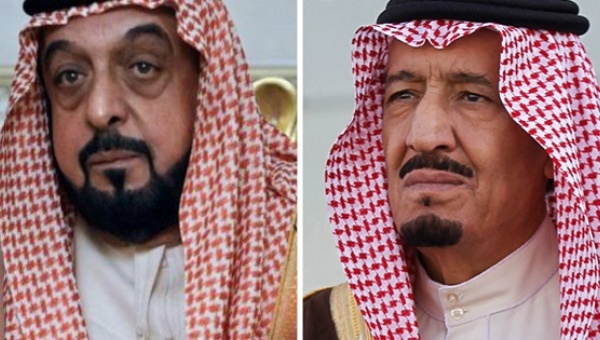On April 3 2016, wealth of some of the world’s most prominent leaders, politicians and celebrities was revealed by an unprecedented leak of millions of documents that demonstrate the different ways rich people use off shore companies to conceal their wealth. Reports published late Sunday by international media outlets said that the leaked information was based on millions of documents—including emails, financial spreadsheets and corporate records—from the firm Mossack Fonseca & Co based in Panama.
Comment:
The revelation from the Panama Papers are reverberating around the world. China’s leadership has censored the internet to prevent Chinese from learning about the corruption of their leaders. Pakistani Prime Minister Nawaz Sharif was forced to appear on national television to defend allegations of corruption that ensnared his family. Iceland’s Prime Minister resigned over his wife’s tax avoidance measures. British Prime Minister David Cameron faces awkward questions about his father’s efforts to hide wealth from the UK tax authorities. While, the Kremlin has come out defending Putin and has alleged that Panama papers are a malicious plot concocted by the US government and George Soros to malign Putin.
As days, pass by more from the rich, famous and the powerful are likely to be implicated in the clandestine tax avoidance schemes provided by Mossack Fonseca. However, the real issue is not who is named and shamed, but why such tax avoidance schemes and tax heavens exist in the first place.
In the world today, the dominant economic system is capitalism, which has a specific view about taxes. Under capitalism, taxation falls under two categories: direct and indirect. Direct taxation consists of taxing people’s income and wealth. This is supposedly calibrated to tax people according to their ability to pay. Indirect taxation is an indiscriminate tax and is applicable on everyone regardless of his or her ability to pay e.g. VAT, licenses, fees, housing fee, stamp duty etc.
The super-rich and corporates are able to take advantage of expensive tax avoidance solutions to conceal their wealth from the prying eyes of the state. By doing so, they become exempt from tax. This means that the tax burden falls on the rest of the society to meet the expenditure of the state. During hard economic times, governments deprived of legitimate taxes from the super-rich are forced to increase taxes (direct and indirect) upon the poor to meet state expenditures, and slash funds for education, health and other priority services. US President Obama, acknowledged the injustices of the taxation system and said “It means that we’re not investing as much as we should in schools, in making college more affordable, in putting people back to work rebuilding our roads, our bridges, our infrastructure, creating more opportunities for our children.” Hence, the poor lose out, while the rich and powerful are able to enjoy their lavish life-styles. It comes as no surprise that the fruits of global capitalism produce stats such as ‘67 of the richest people in the world have the same wealth as 3.2 billion people’.
Taxation in Islam is on wealth not income. If the Islamic state cannot meet its expenditure, an emergency tax can be levied on the super-rich to raise funds. Furthermore, indirect taxation like fees, licenses, stamp duties, sales tax etc. are not permitted. There is no need for the poor to be over-taxed and for the rich to fear usurpation of their wealth. The focus of Islam is on breaking the monopoly of the rich and to ensure wealth circulates in society and is not taken out of it. Taxation is viewed in this context.
Allah سبحانه وتعالى says:
مَّا أَفَاء اللَّهُ عَلَى رَسُولِهِ مِنْ أَهْلِ الْقُرَى فَلِلَّهِ وَلِلرَّسُولِ وَلِذِي الْقُرْبَى وَالْيَتَامَى وَالْمَسَاكِينِ وَابْنِ السَّبِيلِ كَيْ لَا يَكُونَ دُولَةً بَيْنَ الْأَغْنِيَاء مِنكُمْ وَمَا آتَاكُمُ الرَّسُولُ فَخُذُوهُ وَمَا نَهَاكُمْ عَنْهُ فَانتَهُوا وَاتَّقُوا اللَّهَ إِنَّ اللَّهَ شَدِيدُ الْعِقَابِ
“What Allah has bestowed on His Messenger (and taken away) from the people of the townships,- belongs to Allah,- to His Messenger and to kindred and orphans, the needy and the wayfarer; In order that it may not (merely) make a circuit between the wealthy among you. So take what the Messenger assigns to you, and deny yourselves that which he withholds from you. And fear Allah; for Allah is strict in Punishment.”
(Al-Hashr: 7)
With this mode of taxation, the Islamic Khilafah was not only able to meet the needs of its citizens but was also able to flourish as the world’s most advanced civilization for several centuries.
Abdul Majeed Bhatti

